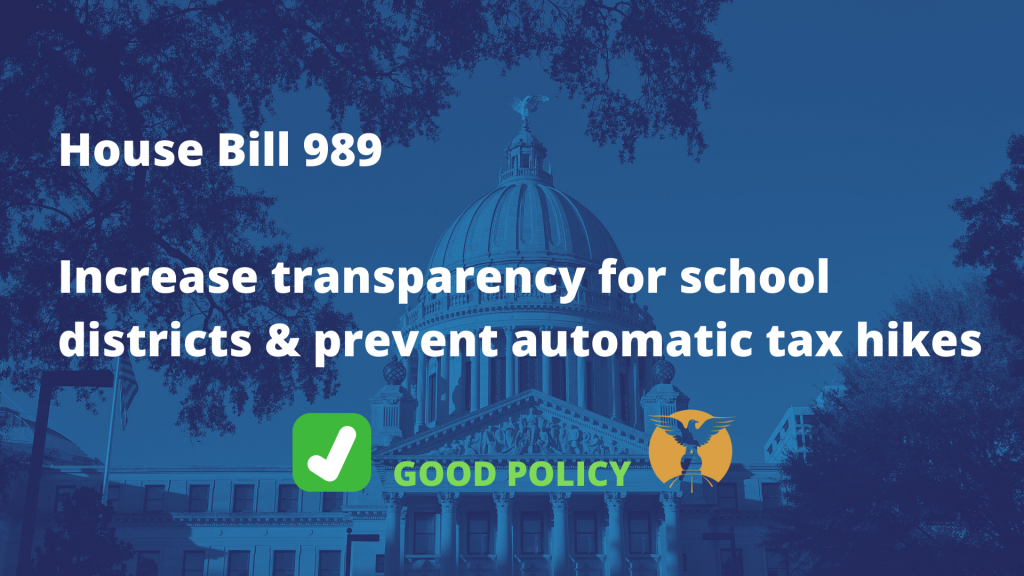
The bill would add some guidelines for financial reporting for the state’s school districts.
They include:
MDE publishes an annual report on K-12 education with financial information, such as revenue reports and administrative costs and this would add more transparency to these reports.
This would also prevent any school district with a budget greater than 100 percent of the state funding formula for granting an automatic increase in the property tax rate. This would only happen if the millage rate (the amount per every $1,000 of a property’s assessed value) required to generate revenue for the school district’s budget request is equal to 55 mills or less and the amount requested doesn’t exceed the preceding year’s property tax revenue by more than four percent.
Under current law, school districts have to contribute at least 28 mills worth of property tax revenue to operating revenue alongside state funds and can contribute up to 56 mills in additional tax revenues.
Understanding the state’s Mississippi Adequate Education Program funding formula is an exercise in futility for the average Mississippian. The formula calculates a base student cost which isn’t needs based and is rigged to increase every year. The legislature is not legally required by the state constitution, like in Louisiana, to appropriate the full MAEP budget request.
The legislature has only done so a few times since the difference between the MDE request and what appropriators are willing to outlay is often hundreds of millions of dollars.
While the amount of taxpayer funds appropriated under MAEP to school districts is a huge chunk of the state’s spending on K-12 education, it isn’t the only component, along with special state funds and local property taxes.
In fiscal 2020, Mississippi taxpayers will spend $2.246 billion in MAEP funds alone, which are provided to each school district via a base student cost calculated by the formula. Just the state funds for general education programs add up to an additional $233 million and vocational and technical education is an additional $81 million in state funds.
HB 989 would increase the transparency of financial reporting for each school district in the state and would also put limitations on the ability of school district boards to automatically raise property taxes.
MCPP has reviewed this legislation and finds that it is aligned with our principles and therefore should be supported.
Read HB 989.
Track the status of this bill and all bills in our legislative tracker.